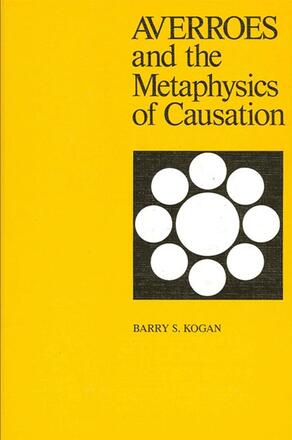
Averroes and the Metaphysics of Causation
Alternative formats available from:
Description
Averroes and the Metaphysics of Causation examines the controversial causation issue. That causes produce their effects and can be known to do so is the view that Averroes defends in his Tahafut Al-Tahafut, where he summarizes and evaluates the debates about causation—debates that took place over several generations between the philosophers and the theologians of medieval Islam. Drawing from his Tahafut, his commentaries, and other writings, Kogan shows that Averroes' discussion of causation represents a dialogue across the generations and a rich contribution to the history of the causal controversy.
Averroes responds to al-Ghazali's proto-Humean critique of the philosophers' account which treats causation as an entailment relation. In this response Averroes develops an independent position that is of philosophical interest because it clearly anticipates many of the contemporary responses to Hume associated with the singularist position. Building on this analysis, Kogan resolves many long-standing paradoxes in Averroes' treatment of miracles, eternal creation, God's causal knowing, and the theory of emanation.
Barry S. Kogan is Associate Professor of Philosophy at Hebrew Union College.
Reviews
"Congratulations on a very substantial intellectual product. ..I have read the work with great interest and profit. ..we are badly in need of monographs of this kind and quality. " — George F. Hourani, Professor of Philosophy, SUNY-Buffalo